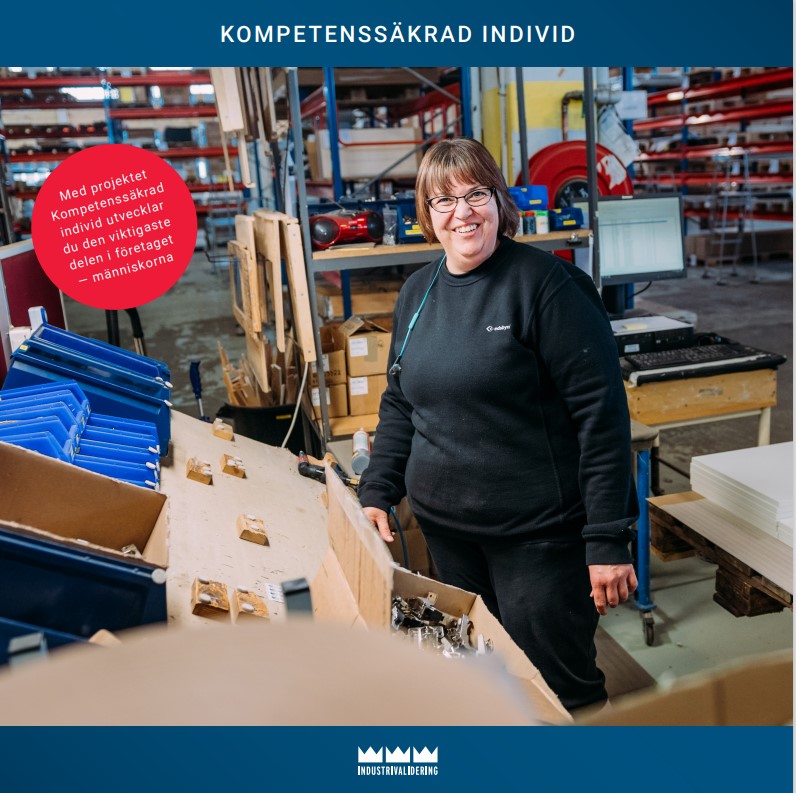
Kompetenssäkrad Individ gave companies the opportunity to review their future skills needs and strengthen the skills of their employees. Participation in the project was free of charge and the only requirement was that companies dedicate the time to design and implement the initiatives. The project was funded by the European Social Fund and implemented by Trä- och Möbelföretagen, in cooperation with social partners.
The project focused on skilled workers who needed skills development to cope with basic or more advanced tasks. The project was primarily targeted at medium-sized companies and their employees, especially those affected by the COVID-19 pandemic. The project targeted certain demographic groups, such as women in the industry, workers over 55 years, and employees who lacked the necessary skills to communicate in Swedish.
Amazing Results
Industry partners and trade organisations were at the heart of the process, offering 792 individuals across 40 companies the opportunity to enhance their skills. Among these, around 700 employees received validation or training. At least 10 companies continued their strategic initiatives. Competence centres optimised their capacity to support businesses and strengthened cooperation between the social partners.
Nobia: Individual’s perspective
Nobia is a Swedish kitchen solutions company. It was supported by the Kompetenssäkrad Individ project in 2020-2022. In employee interviews, employees described how the training and upskilling initiatives helped them and presented the results of the project.
Synöve Sjögren, an operator at Nobia, expressed her enthusiasm about the opportunity to validate her skills through the training programme. She appreciates the fact that employers have invested in her professional development. Synöve believes that she is now more competent in her role and does her job more efficiently. She recommends everyone to participate in similar training projects.
Josefine Görsberg, a HR partner and manager at Nobia Academy, saw the project as an opportunity to change the company’s approach to production. They focused on strengthening internal skills at both organisational and individual level to better respond to future challenges and labour market needs.
With the help of the Kompetensskräd project, they improved their industrial skills, received constructive feedback, and provided crucial support to project managers and employees. Josefine suggests that companies pursuing similar initiatives prioritise networking and skill analyses and dedicate time and effort to skills development.
Lisa Johansson, the Test Lead Coordinator and trade union representative at Nobia, emphasised the collaborative effort with employers, employees, and trade union partners in the project. This inclusive approach ensured that all parties had access to shared information, which made the project a success.
Shift Manager Dimitrios Moschos initially felt nervous at the start of the project but later found it to be a valuable experience. He highlighted how important it is for companies to invest in skills development. He gained additional knowledge from the project, and the company benefitted by having upskilled individuals within its workforce.
To know more about their experience, you can watch the full video of Nobia’s story in Swedish here.
- Project locations
- Sweden
